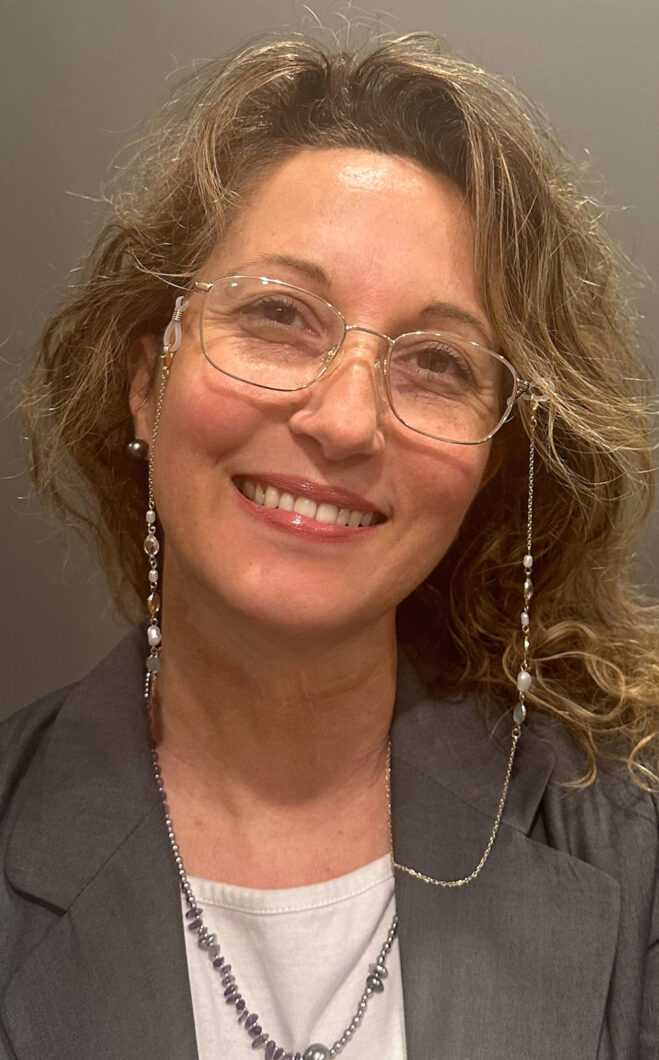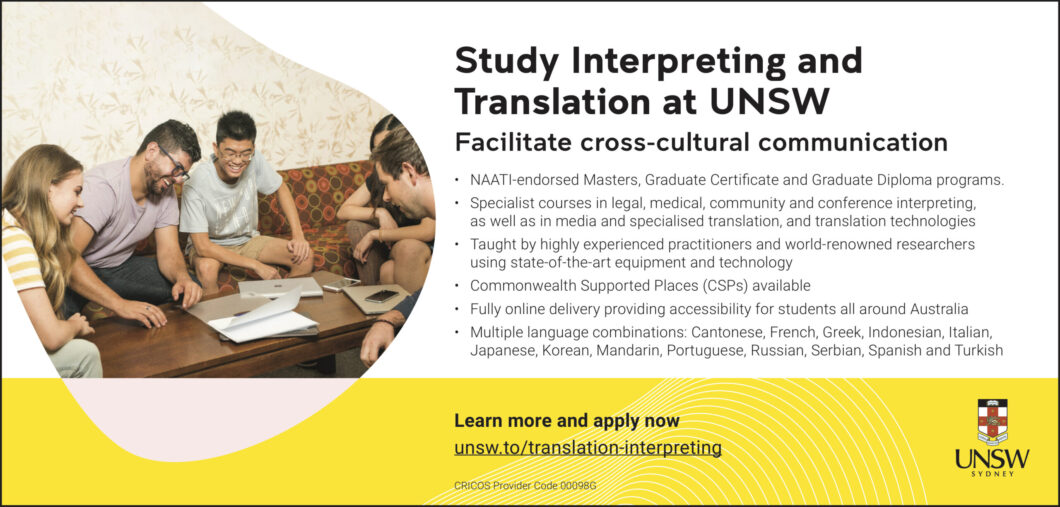
If you’ve been working in the T&I field for a decade or more, you may be eligible to become an AUSIT Senior Member. With the two new Senior Members featured here swelling the category – introduced late last year – to five, In Touch takes a look at the ins and outs of attaining this level of membership.

Senior membership of AUSIT requires peer endorsement and also National Council approval, is reviewed every three years, and comes with responsibilities.
Senior Members are expected to do some or all of the following over time:
• serve on branch committees and the National Council from time to time
• serve on the Ethics and Professional Practice Committee or a Board of Professional Conduct
• contribute to In Touch magazine and/or AUSIT’s social media and discussion forums
• be available for comment and advice when called upon, and to mentor junior members.
Senior membership recognises contribution to AUSIT and the profession, in addition to hours of practice (on which the Senior Practitioner category, being phased out, is based). Click here to find out more about eligibility, and to apply.
Last year Sandra Hale, Yutaka Kawasaki and Ron Witton became AUSIT’s first three Senior Members. This year so far they’ve been joined by two more.
Congratulations to new Senior Members Karine Bachelier and Sam Berner
Both Karine and Sam (pictured above) have wide skillsets and are passionate about both what they do as T&I practitioners, and supporting the next generation and the industry by sharing their experience.
We asked them to tell us a little more about themselves, to help flesh out what qualifies an individual to be made a Senior Member.
Karine: Coming from a multicultural family, I have a strong interest in peoples and cultures. Early in my career I taught translation at the University of New Caledonia, Nouméa. Later, as the official T/I of the local government there, I developed partnerships with several AUSIT professionals in the Pacific region. Since settling in Melbourne in 2017, I freelance for international organisations. Among other volunteering roles I’ve been an AUSIT mentor, Branch Secretary and Branch Chair (Victoria). Our profession may seem a lonesome path at times, yet it’s all about connecting, learning from each other and supporting one another. Our services are crucial in ensuring people from CALD communities are understood and their rights protected, and if I can help my peers in any way, I’m happy to jump in.
Sam: My ethos throughout my working life has been one of service. I started as an English language teacher and soon got into translation. That was 37 years ago, and I don’t regret a single day of the journey. Before coming to Australia I translated for large publishers overseas and for UNHCR and UNICEF, and taught in high schools. Discovering AUSIT about five years after I arrived was the best thing that happened to me as a translator. I was mentored by some of AUSIT’s finest, and in 13 years of membership I’ve always been on some committee or other – mentoring, organising PD events and conferences, representing AUSIT at various organisations, and sharing what I know – because when my peers grow, I grow.
ADVERTISEMENT:



